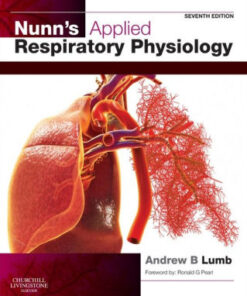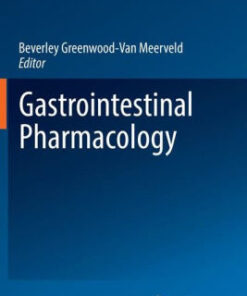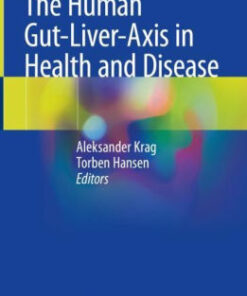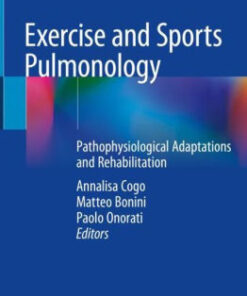(PDF) Muscle and Exercise Physiology by Jerzy A. Zoladz
$28.00
Download instantly Muscle and Exercise Physiology by Jerzy A. Zoladz. It is ebook in PDF format.
ISBN-10: 0128145935 ISBN-13: 9780128145937
Preview
This is the PDF eBook version for Muscle and Exercise Physiology by Jerzy A. Zoladz
Table of Contents
Skeletal Muscle Morphology 1. Human Body Composition and Muscle Mass 2. Functional Morphology of the Striated Muscle 3. Mechanisms of Muscle Contraction and Relaxation 4. Motor Units and Muscle Receptors
Muscle Energetics and its Performance 5. Muscle Energetics 6. Efficiency of Skeletal Muscle 7. Muscle Function: Strength, Speed, and, Fatigability 8. Critical Power: Possibly the Most Important Fatigue Threshold in Exercise Physiology 9. Energy Cost of Human Locomotion on Land and in Water
Muscle Metabolism and Exercise Physiology 10. The Coupling of Internal and External Gas Exchange During Exercise 11. Carbohydrate Metabolism During Exercise 12. Muscle Lipid Metabolism 13. Muscle as an Endocrine Organ 14. The Role of Reactive Oxygen and Nitrogen Species in Skeletal Muscle 15. Exercise, Immunity and Illness
Body Adaptation to Exercise 16. The Evolution of Skeletal Muscle Plasticity in Response to Physical Activity and Inactivity 17. Muscle Blood Flow and Vascularization in Response to Exercise and Training 18. Metabolic Transitions and Muscle Metabolic Stability: Effects of Exercise Training 19. Human Aging – Impact on Muscle Force and Power 20. The Role of Exercise on Fracture Reduction and Bone Strengthening
Heart Muscle and Exercise 21. Functional Morphology of the Cardiac Myocyte 22. Exercise and the Coronary Circulation 23. Cardiac Energetics 24. Regulation of Heart Rate and Blood Pressure During Exercise in Humans 25. Sympatho-excitation in Heart Failure: Contribution of Skeletal Muscle Reflexes and the Protective Role of Exercise Training




